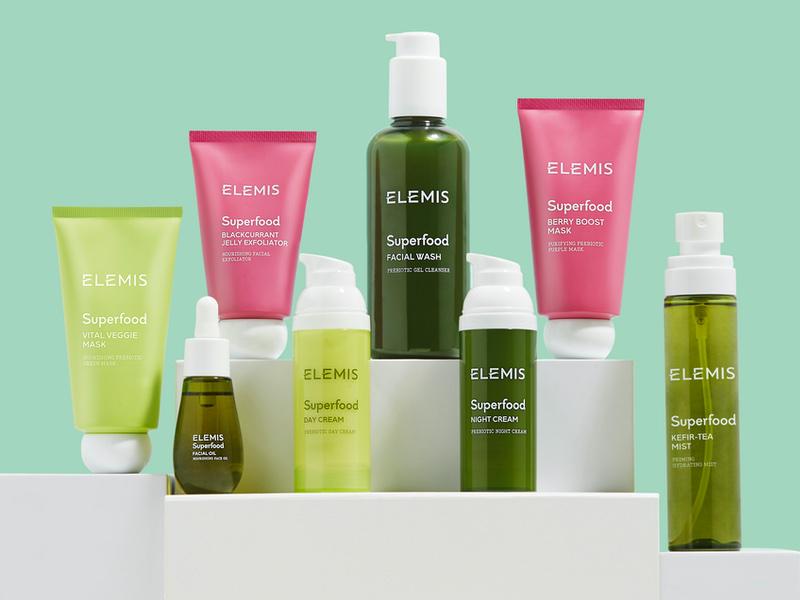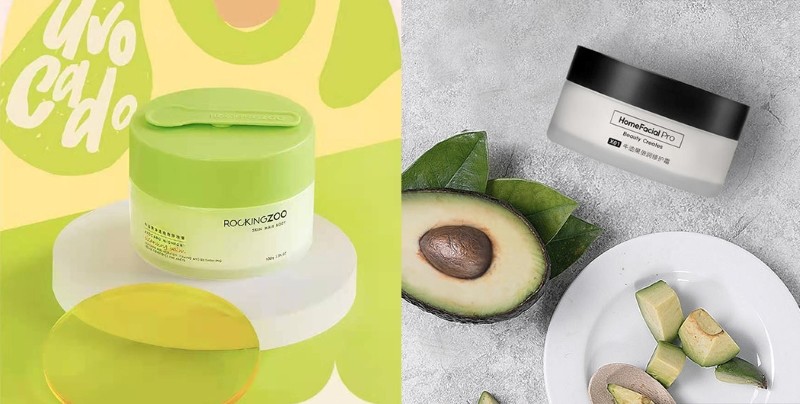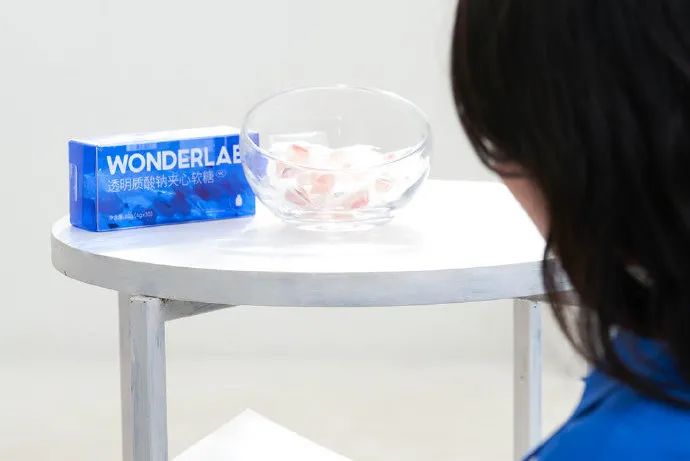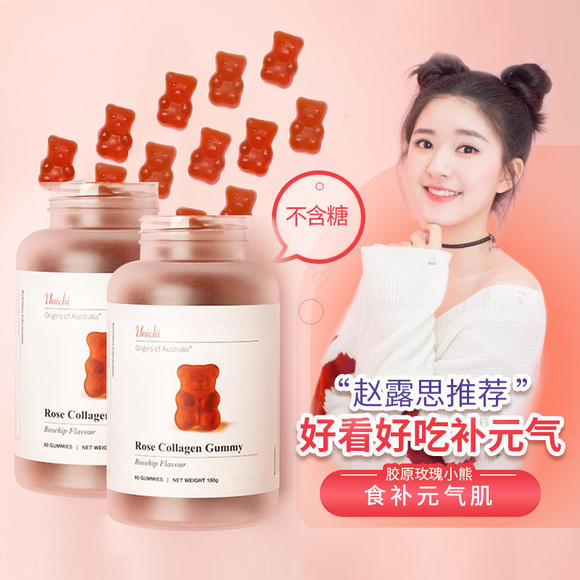Using food as cosmetic ingredients
Some foods, especially superfood, have gained much attention in the beauty industry because of their high exceptional efficacies proved by the scientific researches. Seeing this business opportunity, some brands have already used foods to develop products.
Japanese functional skincare brand Albion has launched Exage Vital Focus Essence, containing a special ingredient, Camu Fruit. The content of vitamin C in Camu Fruit is 60 times higher than that of lemon. The content of polyphenols is 7 times higher than that of wine. In addition, the product also contains noni fruit ingredients, ginseng extract, etc., which all have anti-inflammatory efficacy. Therefore, besides moisturizing skin, it can also promote skin cell renewal by activating cellular ATPase.
Kiehl’s Quinoa Night Rejuvenation Essence contains three special ingredients:
Quinoa husk extract,
Cactus extract
Complex fruit acids extracted from sugar cane and other fruits.
The clinical test has proved that the efficacy of this essence is better than a 20% fruit acid.

KIEHL’S Quinoa Night Rejuvenation Essence
Another popular food ingredient in the skincare sector is chia seed oil because it contains high Omega-3 and has a strong antioxidant capacity. Maya Chia specializes in the skincare value of chia seeds and has developed several patented technologies to apply chia seed oil in their products.
British spa skincare brand ELEMIS has won a lot of praise for its essential oils, containing various food oil, such as chia seed oil, rice bran oil, linseed oil, rosehip oil, and sweet almond oil.

ELEMIS’s products
Some domestic brands also have put an eye on this sector. For example, CHANDO, Marie Dalgar, and Colorkey use moringa seed oil in their makeup removers. Rocking Zoo and HFP use avocado in their products.

Products contain avocado
Glowsis (光言), a domestic skincare brand established in 2019, focuses explicitly on the concept of superfood skincare and launches a series of products containing kale extract, claiming these products have brightening and moisturizing efficacies.
Although emphasizing their products’ safety has become a regular marketing strategy for many brands, one thing to notice is that cosmetics and food still are different industries, so they apply to different standards, prohibitions, and assessment methods. After all, cosmetics are chemicals and there are not any real edible cosmetics in the market. Also, Chinese government strictly forbids the claim of “food-grade cosmetics.”
Oral beauty + external skincare
CBNData pointed out in its "2020 Women's Quality Life Trends Insight Report" that women born in the 90s now are using multiple methods to achieve anti-aging, from essential external skincare to dietary management and supplement.
Market is always generated by demands. Recently, brands are flocking into the oral beauty sector. Pola, a Japanese cosmetic brand, is the pioneer in this field. Founded in 1949, Pola focuses on anti-aging and whitening, with its product lines covering cosmetics and health food. White shot and wrinkle shot serum are its ace products. Though popular in Japan, Pola didn’t perform well in the Chinese market because of its late entry and conservative operation. The market share of oral beauty in China is being occupied by Fancl, Shiseido, DHC, and competitive health food brands, such as Swiss.
Domestic brands are also catching up, among which Bloomage Biotech has a competitive advantage. As the hyaluronic acid giant in China, Bloomage Biotech has successfully applied hyaluronic acid in ordinary food. It has launched its own oral beauty brand called Heiling and cooperated with other beauty brands and health food brands, serving as their ingredient suppliers. Now, hyaluronic acid gummy bear and hyaluronic acid still water have been regular products in the market.

Hyaluronic acid bonbon
Nicotinamide, collagen, and anthocyanin, also gain attention as ingredients for oral beauty products because of their efficacies of whitening, anti-oxidation, and hydration.
Has oral beauty widely accepted by the market? Maybe one comment on social media can tell us. A post-00s university student says that she stockpiled a dozen of Unichi Rose Collagen Gummy Bears during the 618 shopping festival this year because she saw its ads on social media many times and believed it was safe. What’s more interesting, she even didn’t expect to see the efficacy immediately and just regarded it as a daily snack.

UNICHI Rose Collagen Gummy





 We provide full-scale global cosmetic market entry services (including cosmetic registering & filing, regulatory consultation, customized training, market research, branding strategy). Please contact us to discuss how we can help you by
We provide full-scale global cosmetic market entry services (including cosmetic registering & filing, regulatory consultation, customized training, market research, branding strategy). Please contact us to discuss how we can help you by 









